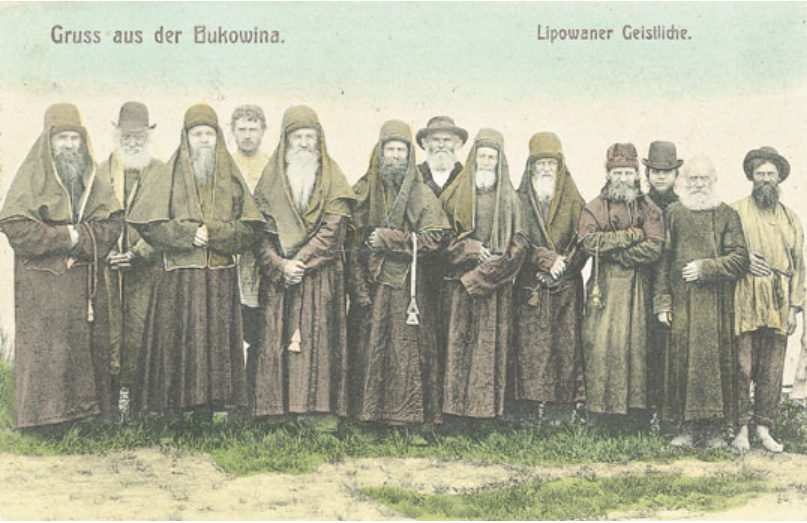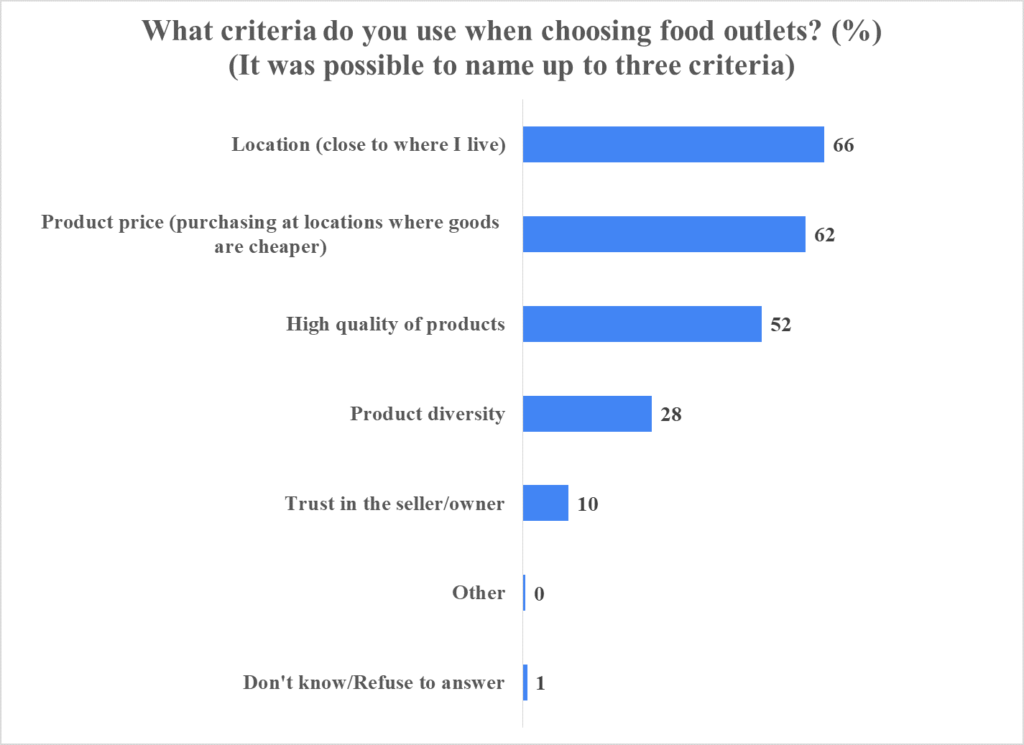CRRC, ARISC and American Councils are pleased to announce the 13th session of the Spring/Summer 2025 Tbilisi Works-in-Progress series!
This week’s session will be in hybrid format in-person at the CRRC Georgia office and online.
“Russia, Austria, and Old Believers: The Entanglements of Religious and Foreign Policies in the 19th Century”
Alexander Orlov, Columbia University
Wednesday, July 9, 2025 at 18:30 Tbilisi time (10:30 EST)
On 24 October 1846, the Russian Old Believers solemnly hosted an Ottoman subject on the territory of the Austrian Empire. This Ottoman person was a Greek Orthodox bishop, Ambrose, whose reception by the Old Believers marked the establishment of “the Belaya Krinitsa Hierarchy”—a new religious institution. This aim involved wealthy Moscow merchants and devoted monks from the Volga region, establishing a branching network from the Russian imperial core to the Habsburg eastern periphery. This process was profoundly dependent on inter-imperial dynamics in nineteenth-century Europe: thus, the European Revolution of 1848-1849 and the Crimean War proved to be decisive factors for the decline and increase of the Russian state’s attention to the Old Believer Church.
Alexander Orlov is a PhD Candidate in Modern European History at Columbia University in New York. He is a graduate of an MA program in Comparative History at Central European University in Vienna. His doctoral thesis examines the role of the Russian Old Believers (a religious minority that separated from Eastern Orthodoxy in the 17th century) in the inter-imperial rivalry in the mid-19th century, analyzing the flows of people, money, and ideas across state borders. This project encompasses a diverse range of themes, including the role of religion in modern Europe, nationalism, security culture, and inter-imperiality.
*****
Works-in-Progress is an ongoing academic discussion series based in Tbilisi, Georgia, that takes place at the CRRC office at Chavchavadze Ave. 5 and online. It is co-organized by the Caucasus Research Resource Centers (CRRC) Georgia, the American Councils for International Education, and the American Research Institute of the South Caucasus (ARISC). All of the talks are free and open to the public.
In observation of the spirit of the Chatham House Rule, the talks will not be recorded, and we courteously request that the other participants refrain from recording and/or distributing recordings as well or citing anything expressed therein in the press without explicit permission. The opinions expressed in WiP talks are those of the speakers alone, and do not necessarily reflect the views of CRRC, ARISC or of American Councils.










